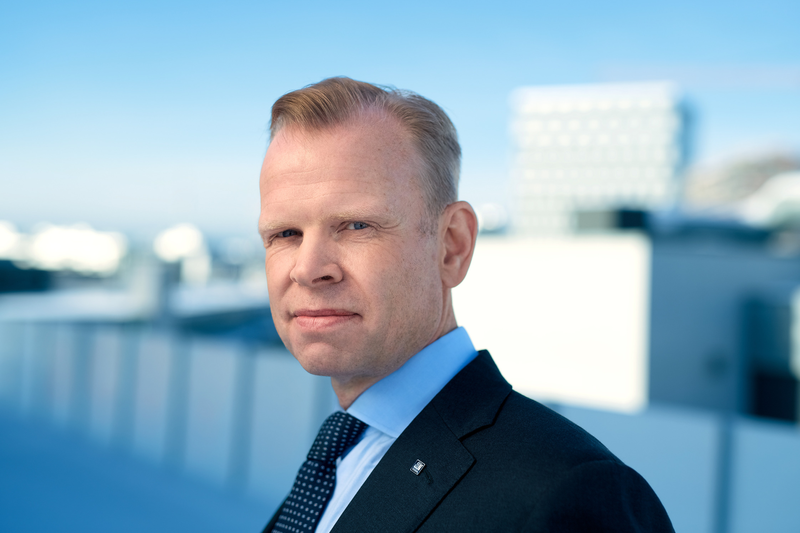Yara, one of the world’s biggest fertiliser manufacturers, has reported that revenue and other income stood at $15.5 billion in 2023, down 35% from over $24 billion in the previous year.
The Norwegian company’s 2023 Integrated Report published today (Thursday, March 21) shows that net income stood at $54 million, down from over $2.7 billion in 2022.
This was mainly driven by lower margins and higher impairment loss driven by a $168 million impairment of the Tertre plant in Belgium.
Last year, earnings before interest, tax, depreciation, amortisation (EBITDA), excluding special items, were $1.7 billion, compared with a record high of almost $4.9 billion in 2022.
The drop in EBITDA reflected lower margins and selling prices which more than offset lower production costs.
Basic earnings per share (EPS) fell from $10.90 in 2022 to $0.19 last year.
Production
Yara said that deliveries decreased by 5% compared to 2022, driven by reduced third-party products availability following sanctions on Russia.
Last year, ammonia production stood at 6.3 million tonnes, down from 6.5 million tonnes in 2022.
Production of finished fertiliser and industrial products, excluding bulk blends increased slightly to over 18.4 million tonnes.
Europe’s full-year 2023 EBITDA, excluding special items, was 92% lower than a year earlier, as lower selling prices more than offset higher deliveries and lower feedstock cost. Deliveries increased by 3%compared with 2022.
In America, Yara’s 2023 EBITDA, excluding special items, was 56% lower than the previous year, while deliveries were down by 8% on 2022 levels.
Yara said that deliveries in the first half of the season of 2023/2024 are lagging both in the EU and in the US compared to normal, indicating a potential volume catch-up for the first half of 2024.
The company notes that wet weather is delaying fertiliser application in parts of Europe.
The report shows that the company’s subsidiary based in Ireland, Yara Insurance DAC, had revenues of €59 million and accumulated earnings of $100 million in 2023.
Yara
Yara said that the Russian invasion of Ukraine will “shape the global landscape for many years to come”, and will impact the company through challenging market dynamics and production volatility, especially in Europe.
“The war continues to impact global food security and remains the greatest destabilising factor globally in 2024,” it said.
The company said that the ongoing situation in the Middle East will impact global supply chains as merchant vessels are attacked in the Red Sea and the Arab Gulf.

Svein Tore Holsether, president and chief executive of Yara, said that 2023 was “characterised by high volatility and operational challenges, but also by efforts to drive the energy transition and curb emissions”.
“The results in 2023 were significantly down from the record results in 2022, as lower selling prices more than offset lower production costs leading to lower margins.
“Despite the challenging operating environment, we delivered a strong free cash flow of $1 billion showcasing the robustness of our business model and our commitment to strict capital allocation,” he said.
“Value chain disruptions have become the new normal, and in this situation we have demonstrated to the fullest how we can utilise our global presence and reach, within both production and deliveries, to create value also in times of turmoil,” Holsether added.
The Yara chief executive said that the push for low-carbon solutions must continue, along with a shift to regenerative agriculture and a just transition to a greener economy.

